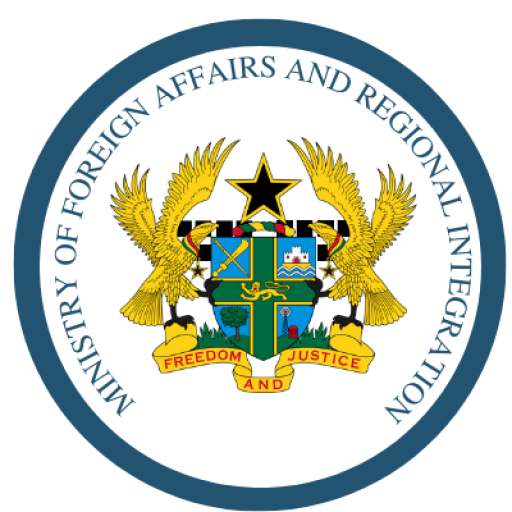
The recent move by the U.S. administration to consider visa restrictions on Ghana—alongside 24 other African nations—raises concerns regarding bilateral relations, economic stability, and mobility for Ghanaian citizens. While the stated rationale includes visa overstay concerns, unreliable civil documentation, and lack of cooperation with U.S. immigration enforcement, this development demands a proactive and strategic approach from Ghana’s leadership.
This article explores the possible implications of the proposed restrictions, assesses Ghana’s vulnerabilities, and outlines policy recommendations to mitigate risks while safeguarding Ghana’s global mobility and economic interests.
Potential Implications for Ghana
1. Economic Disruptions
The U.S. is one of Ghana’s largest trade and investment partners, with business executives, entrepreneurs, and Ghanaian diaspora members engaging in cross-border ventures. A travel ban could hinder trade partnerships, reduce foreign direct investment, and disrupt remittance flows—a key pillar of Ghana’s economy. Ghana must anticipate trade adjustments if mobility restrictions take effect.
2. Educational & Professional Mobility Constraints
Many Ghanaians pursue higher education, research, and professional advancement in the U.S., benefiting from exchange programs, scholarships, and specialized training. Travel restrictions could impede academic opportunities, affecting Ghana’s long-term intellectual capital. Professionals seeking medical, engineering, financial, and technological training may also encounter visa denials or prolonged processing timelines.
3. Diplomatic Strain
The policy signals U.S. dissatisfaction with Ghana’s current immigration and security cooperation. Failure to address concerns within 60 days could worsen diplomatic relations, resulting in reduced visa issuances, stricter entry conditions, and reputational setbacks in international affairs.
4. Increased Scrutiny of Ghana’s Beyond travel restrictions, the policy indirectly questions Ghana’s documentation systems, immigration controls, and institutional efficiency. It may fuel external pressure for governance reforms, including electronic ID systems, border security improvements, and stronger migration oversight.
Recommendations for Ghana’s Strategic Response
1. Strengthening Diplomatic Engagement
Ghana must urgently initiate high-level diplomatic dialogue with the U.S. administration to:
Clarify Ghana’s stance on compliance issues.
Negotiate alternative solutions to a full travel ban.
Present evidence of Ghana’s immigration enforcement measures.
Request a grace period to align with U.S. immigration expectations.
Establishing direct diplomatic channels, including ambassadorial engagement and multilateral discussions, will be critical in influencing policy decisions.
2. Enhancing Documentation & Immigration Processes
Addressing U.S. concerns over identity verification and visa overstays will require:
A nationwide biometric verification system to enhance document reliability.
Stronger monitoring of Ghanaian travelers in the U.S. to prevent unauthorized stays.
Revamped passport and visa issuance processes to meet international standards.
This modernization effort should incorporate advanced digital tracking, ensuring transparency while fostering global trust in Ghana’s credentials.
3. Economic Diversification & Trade Expansion
If the travel ban materializes, Ghana must reduce dependency on U.S. markets by:
Expanding trade relations with EU, Asian, and African partners.
Boosting regional economic integration within ECOWAS.
Developing domestic investment alternatives to counter remittance shortfalls.
A robust economic diversification strategy would shield Ghana from the negative ripple effects of U.S. travel restrictions.
4. Public Communication & Policy Adjustments
To reassure citizens and the business community, Ghana must:
Issue clear public statements on the negotiations.
Facilitate transparent policy updates to avoid misinformation.
Develop support mechanisms for affected travelers.
A strategic messaging framework, backed by government engagement with international stakeholders, will prevent panic and speculation while projecting stability.
While the potential U.S. travel restrictions pose significant challenges, Ghana has a unique opportunity to leverage diplomacy, policy reforms, and economic diversification to navigate the situation. Immediate action in strengthening identity verification, negotiating diplomatic solutions, and adapting trade policies will be crucial in mitigating the impact of potential visa barriers.
By taking a proactive, strategic, and forward-thinking approach, Ghana can protect its global standing while preserving opportunities for citizens, businesses, and long-term bilateral cooperation.
Retired Senior Citizen
Teshie-Nungua
[email protected]


